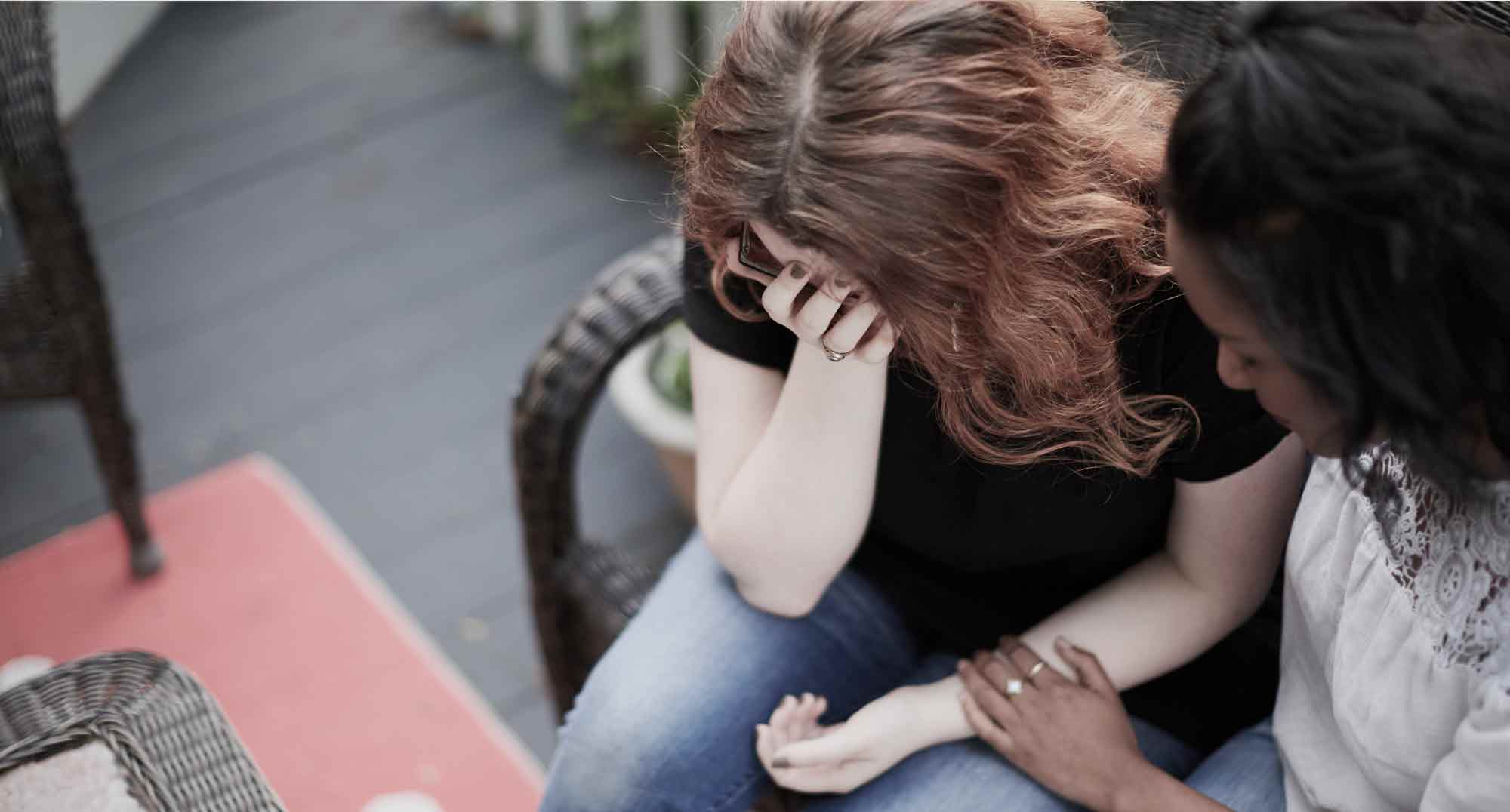What’s a White Church Lady to Do?
I’m no expert on race relations. Far from it. But I am experienced in messing up when it comes to race. As a white woman who spent most of her life in Mississippi, I should have been prepared for God to expose some blind spots. After all, for years He’s continually peeled back layer after layer of how I selfishly see the world around me. First, He started by letting me see other people at all. When I was young, He pointed out the girl who did not quite fit in at elementary school. As a shy adult, I felt Him urge me to go up to a church visitor and introduce myself. After I recently moved to another state, He forced me to be the new person, understanding what it feels like to be unsure of social cues, blushing when I stood alone at a church event, or dreading more small talk while hoping it would yield a friend I could share a cup of coffee with. Lately God is peeling back another layer, showing me how I don’t love my black neighbors well. Wanting to Help Weeks ago, I watched the news of George Floyd. I heard the helicopters swirling over nearby protest marches. News like his death had bothered me before, yet those stories seemed to be just that, stories that happened “somewhere else.” The coverage of George Floyd’s death felt different. Instead of my usual reaction of thinking wow, that’s terrible or talking about it with my husband after work, I felt restless and like I should do something. But I didn’t know what. God gently peeled back to the next layer of sin—my lack of empathy. He convicted me to check in on my black friends. And, I felt ashamed I did not have many black friends to check on. One friend was back in Mississippi. We had served together in church ministry. After I moved to Texas, she checked on me if she heard of fires or storms happening in my new home state. I asked myself now, why was I not checking on her in the wake of all this? Our friendship had included talking about race in how we did church ministry, but I had not connected the dots of thinking of her in context of the national news. As a mother of a black son. A wife of a black man. The things I would do for any friend— call, text, write, give space to process, make banana bread for— did not occur to me as it would if my same black friend had suffered a miscarriage, gotten a cancer diagnosis, or lost her mother. I did not understand how the knee on George Floyd affected my friends of color. I was a fool for not seeing it. It would be unloving to not reach out. Then, I went to fear. What to say? What if I made things worse? I had not read enough books about race in the church. I regretted my failure to educate myself, and I felt painfully unprepared to love my black friends....


